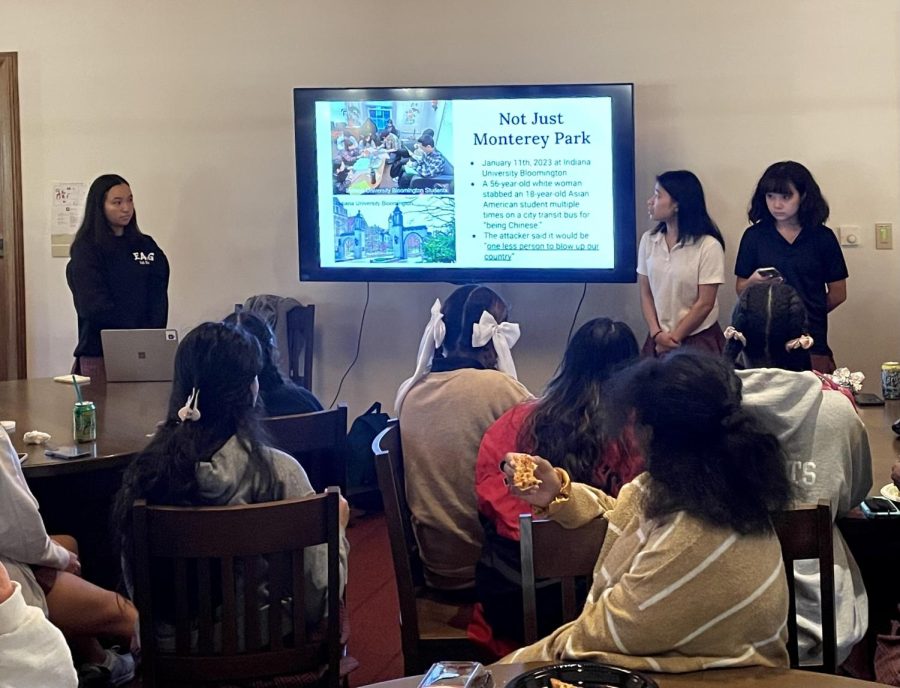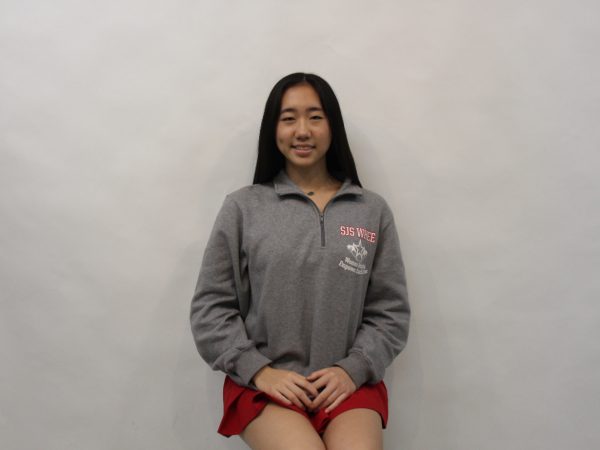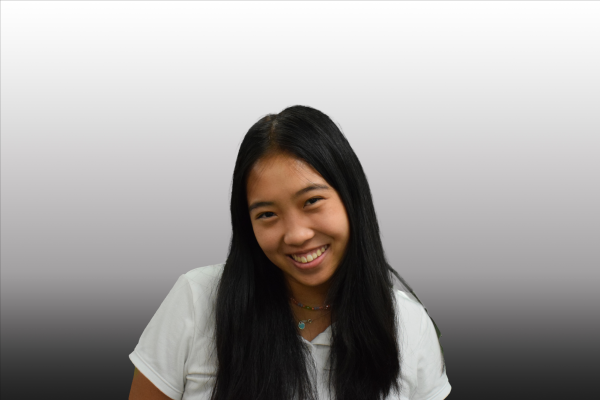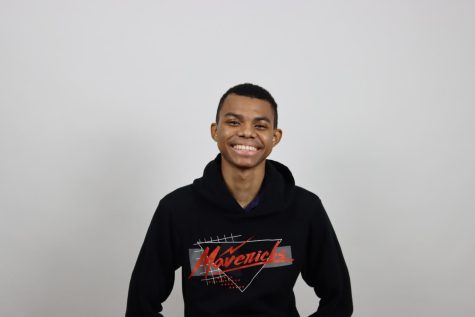SJS community reacts to Lunar New Year shooting, EAAG and Unity Council host forum
On Jan. 24, EAAG and Unity Council held a forum to discuss the Lunar New Year shooting, also covering anti-Asian hate and gun violence.
February 8, 2023
While happily wrapping dozens of pork-filled dumplings and gathering with family and friends, senior Rachel Chih, co-president of the East Asian Affinity Group, received appalling news on Lunar New Year’s Eve.
On Jan. 21 around 10:20 p.m. CST, a 72-year-old Asian man attacked the Star Ballroom Dance Studio in Monterey Park, California. The suspect, Huu Can Tran, violently stormed a Lunar New Year party, fatally shooting five men and five women. Tran was later spotted at the Lai Lai Ballroom & Studio, fully armed. But when two community members disarmed Tran and took possession of his weapon, he ran away. The next morning, Tran was found dead in a van due to a self-inflicted gunshot.
The tragedy shocked millions of Asian Americans across the country.
“I didn’t get to fully process it,” Chih said. “And then there was the second shooting.”
Two days later on Jan. 23 at a mushroom farm in Half Moon Bay, California, Chunli Zhao, a disgruntled Asian worker, fatally shot seven agricultural employees, using a legally purchased semi-automatic pistol. The eighth victim was transported to a nearby hospital and is in recovery. Zhao later turned himself in to the police.
With the suspect being an elderly Asian male in both shootings, these cases were not categorized as racially-motivated hate crimes. Many were relieved upon this news; however, this decreased level of concern and accountability angered the Asian community.
Ariana Lee, senior and co-president of EAAG, stresses that the identity of the shooters should not be used to downplay anti-Asian hate and the legacy of white supremacy. She also emphasizes that hate crimes can be motivated by biases other than biases against race.
Disappointment filled Isabel Soliman, senior and co-president of EAAG, as she recognized that a time meant to spend with family had turned into an atrocious day for everyone—not just the Asian-American community.
“Lunar New Year is one of the biggest holidays celebrated in many East Asian countries,” she said. “The shooting really taints the celebration and makes it harder to enjoy the good times.”
The importance of Lunar New Year to most Asian Americans is invaluable beyond words. Adults mandate time off work to celebrate, travel halfway around the world to see family and dedicate an entire cleansing of the house and self. What should have been a time of celebration instead left many grieving.
These two tragedies represent a fraction of the mass killings in the United States. In just the last 38 days, there have been over 52 shootings.
“This statistic means that, since the start of 2023, there have been more mass shootings than there have been days,” Lee said.
Lee attributes the high number of mass shootings in the past month to the ability to easily access firearms. As gun violence is such a prominent issue in America, numerous communities have suffered because of it.
Chih says that accessibility to firearms is not the only contributor. She believes the mental health of both suspects played a role in their motives.
“America has a lot of problems that need to be fixed,” she said. “Many of them could be prevented by better mental health resources.”
EAAG and Unity Council held a forum on Jan. 24 to discuss the shootings, also covering anti-Asian hate and gun violence. The EAAG board and Unity Council created and coordinated a successful presentation in just two days, flooded with information of the double shootings.
“We have to make it an issue that people are aware of so we can make substantial changes addressing both gun violence and anti-Asian hate,” said Joseph Soliman, faculty sponsor of EAAG. “Unless we face these issues directly, they will certainly persist.”







